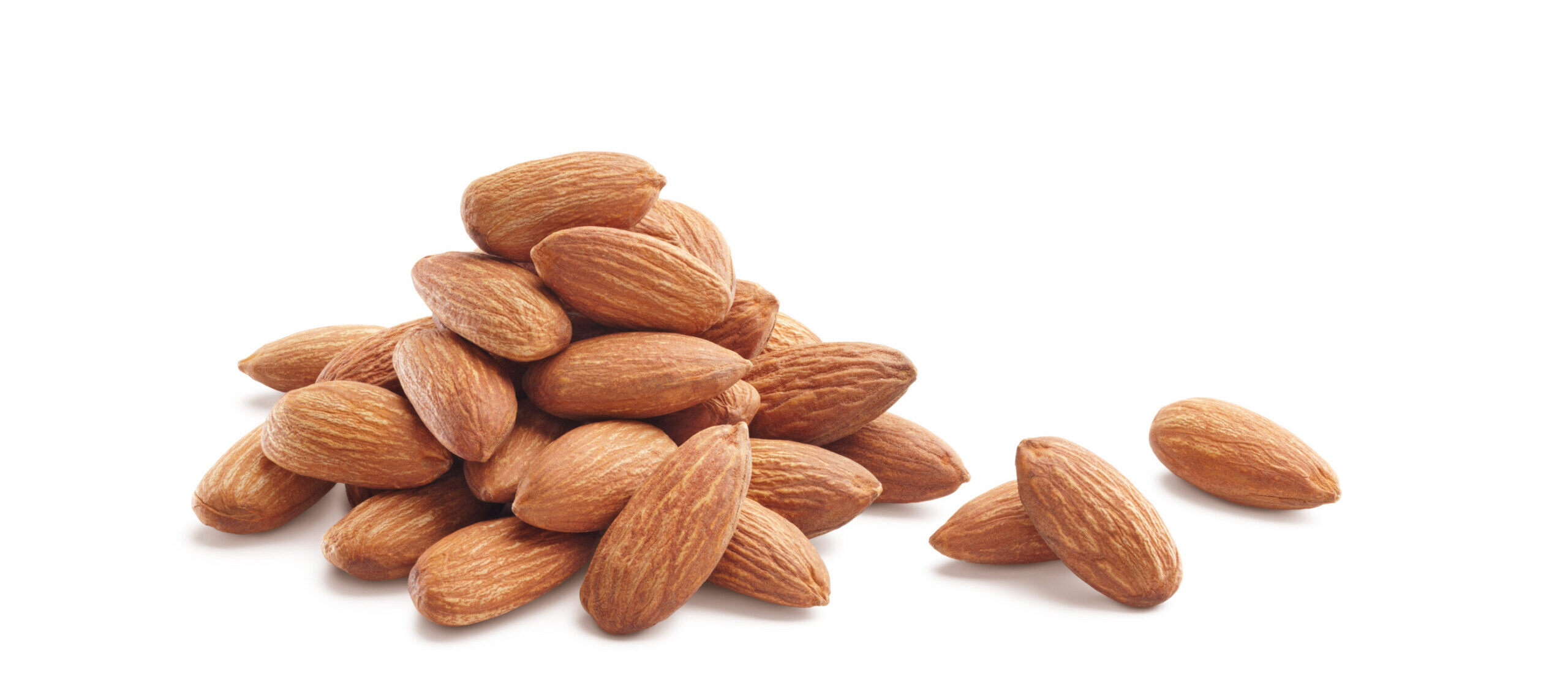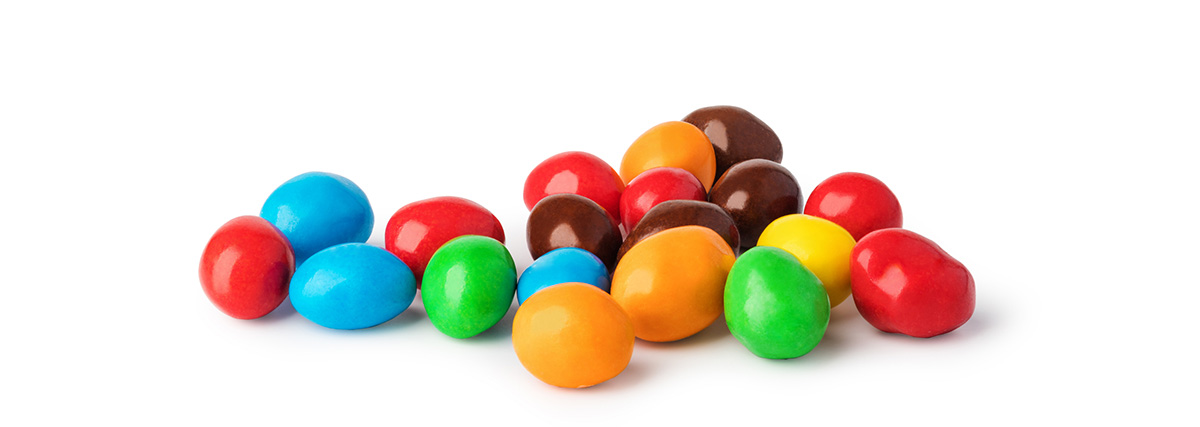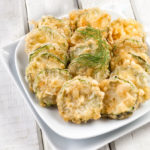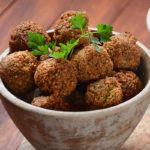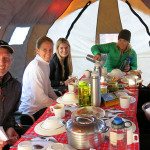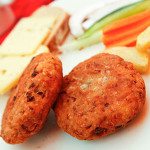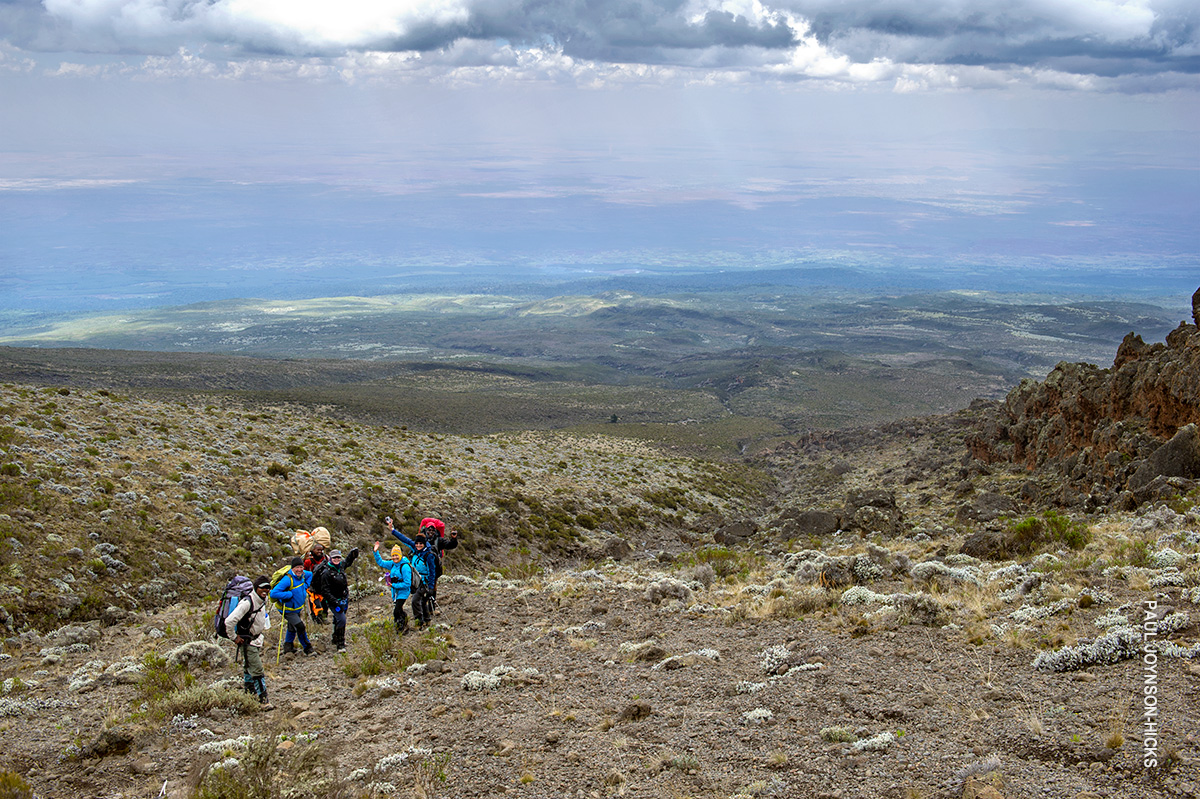
Picture this: it is your third day on the Western Approach, and you are crossing the Shira Plateau. Everything is going well – the weather’s better than expected, the sights are astonishing, and everyone is in good spirits – when it hits you: a low rumble. you are hungry. You had a good breakfast, and soon you’ll stop for a midday meal, but you need something now. What do you do?
It will happen – at that altitude, your metabolism will go into overdrive, burning more calories than you would on a normal hike. You will, without fail, get hungry on whatever approach or route you take on Kilimanjaro. Think of your body as a car: that rumble is the low fuel indicator on your wellness dashboard. Thomson guides will be prepared for this, and they’ll have protein bars and other snacks for you to enjoy. Yet altitude and exertion can mess with your stomach, so you should bring something to snack on that you know you like and will eat even when you don’t feel like eating, just in case. Here are four tasty snacks you might want to keep in your daypack:

Energy Chews
Carbohydrates have fallen in and out of favor with dieters over the last half-century, but they make great fuel for Kilimanjaro. With the distance you will travel and the elevation you’ll reach, you will need plenty of energy, and there is no better source than simple and complex carbohydrates.
Energy chews, which look and taste like gelatinous gummy candy, are used by some endurance athletes to get an extra kick during a workout. They have the same sweet and tangy bite but are crafted to help boost energy during exercise. Unlike energy gels or perishable fruit, they aren’t messy, but they have all the benefits: carbs, electrolytes, and even caffeine to fight exhaustion and sustain you.
Almonds
Even though we’ve selected almonds as our representative for the whole nut family because of their amazing flavor and texture, any nut is an excellent choice. Almonds have essential, quality fats, which help with cardiovascular recovery, and plenty of antioxidants to decrease the oxidization process within the bloodstream.
All that “good cholesterol” helps on the mountain, whether eating some before, during, or after your trek. Your average handful of almonds have a decent amount of protein, which will help with muscle recovery and maintenance, and are full of fiber, meaning you will feel a little fuller after eating some. Avoid overly-salted ones, though – they can make you thirsty.
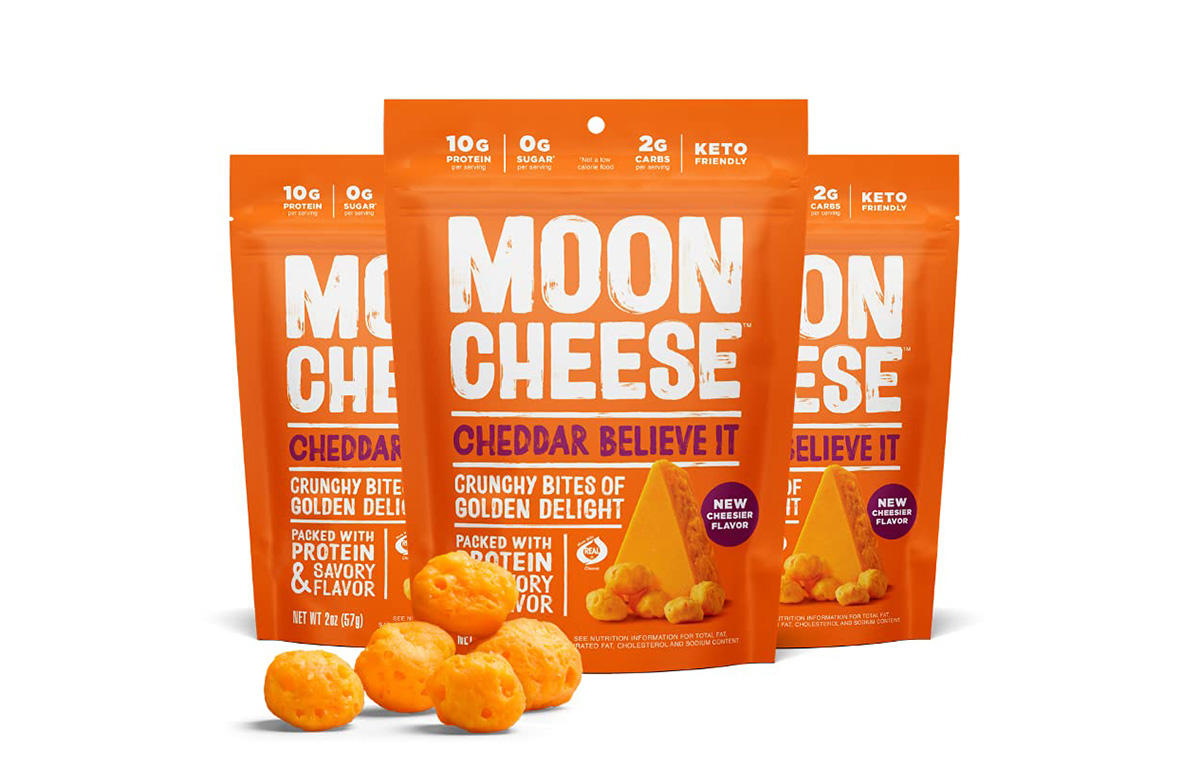
Cheese Crisps
Though they have one major downside, crunchy oven-baked cheese offers a healthy amount of protein and good fats while keeping your pack weight light. An average hiker needs anywhere from 80 to 120 grams of protein daily during a hike to support proper recovery and prevent fatigue. This is an estimate based on a few factors, such as weight, gender, and height, and your own needs may vary.
Though a lot of your protein intake will come from the meals prepared for you and your group, you may still need to supplement, which is where something like Moon Cheese comes in. With healthy animal fats, protein, and great taste, cheese crisps are a great way to add creamy and tangy flavor to your diet on the Mountain. The one downside? If you don’t pack them right, they might be cheese dust when you pull them out of your daypack.
Chocolate
While many people would recommend dark chocolate for your climb, we’ll go out on a limb and say milk chocolate also has its place. As many know, dark chocolate has significant anti-inflammatory properties, given it is full of antioxidants and can provide a boost with its sugar content and the trace amounts of caffeine the average serving has. But we know many dislike the bitter taste of darker chocolate, and we would argue that, besides providing a similar carbohydrate-centric boost, there is a place for what may seem like junk food on your trek.
A snack like your average bag of Peanut M&Ms has a significant emotional benefit: it is your hard-earned accomplishments, providing sustenance that the performance-oriented options might not. With the work your body will do, orienting your nutrition to support recovery is important. However, one shouldn’t ignore the mental benefits a tiny bit of sugary comfort might bring.
You do not have to bring your snacks on your trip – Thomson will provide you with all the food you need – but a good snack can give you a physical and emotional boost on your way to the top. It’s a challenging but fulfilling trek, and your body will thank you for treating it right once you’re on the plane home.

